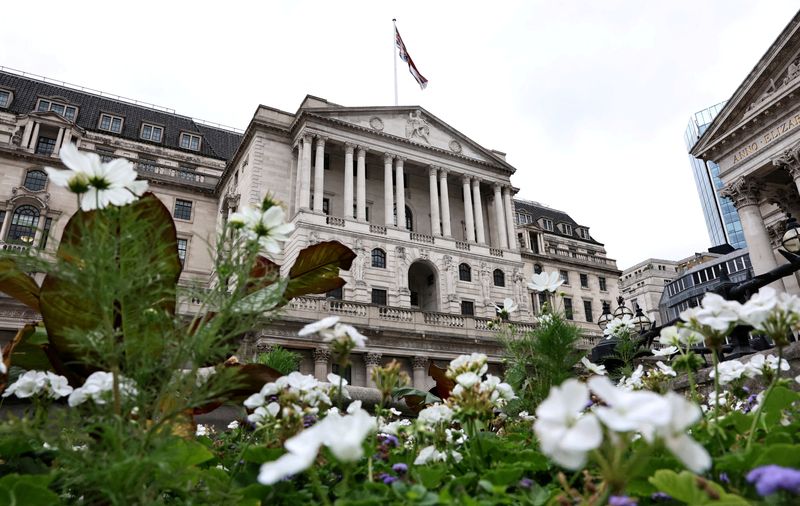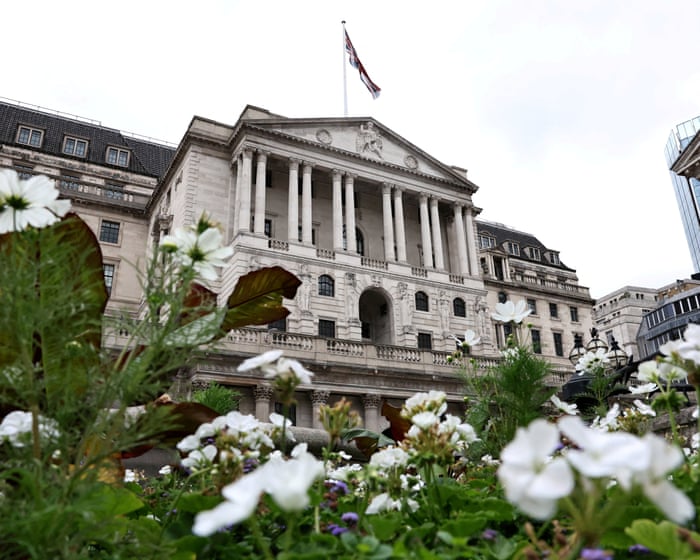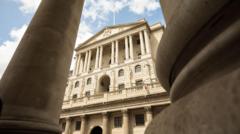What is quantitative tightening and how has it affected UK finances?
NeutralFinancial Markets

The Bank of England is slowing down its quantitative tightening program, which involves the disposal of bonds purchased after the 2008 financial crisis. This decision is significant for the UK economy and public finances, as it reflects the central bank's approach to managing inflation and economic stability. Understanding this process is crucial for grasping how monetary policy impacts everyday financial conditions in the UK.
— Curated by the World Pulse Now AI Editorial System
















